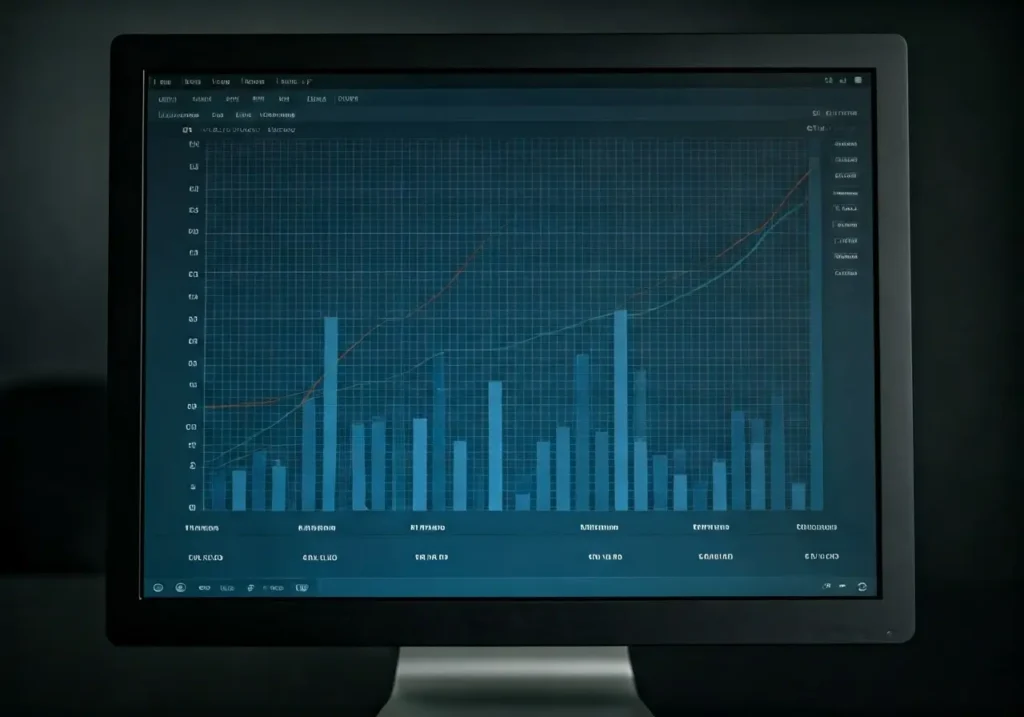Navigating the world of auto marketing requires data-driven decisions, and having the right tools for performance analysis is essential. In this blog, we’ll explore essential tools that can help you gain insights and boost performance in the auto marketing sector.
1. Data Visualization Essentials
Visualizing your data allows for easy interpretation and actionable insights, making it indispensable for auto marketing analysis. With the aid of tools like Tableau or Power BI, you can transform raw data into visual stories that highlight trends and patterns. This capability not only saves time but also enhances decision-making by providing a clearer picture of your market dynamics and customer preferences. Furthermore, data visualization tools facilitate a better understanding of complex data sets and enable you to communicate insights effectively to stakeholders. Whether you’re evaluating key performance indicators or tracking consumer behaviors, a robust visualization tool ensures your data tells a coherent story driving actionable strategies.
Today, simplicity in data presentation is crucial, especially in a competitive field like auto marketing where quick, informed decisions can make all the difference. An effective data visualization strategy can highlight potential blind spots in your campaign, while simultaneously distilling complex data into intuitive visuals that are easily digestible. By leveraging these tools, marketers can forecast trends, better allocate resources, and resonate with their target audience, thus creating a more impactful and data-driven marketing journey.
2. Analytics Platforms for Comprehensive Insights
Using analytics platforms can provide you with a broad view of market trends, helping refine your strategies in real-time. With options such as Google Analytics and Adobe Analytics at your disposal, these platforms offer comprehensive insights into customer behavior and preferences, thus helping you fine-tune marketing strategies. Analytics platforms allow you to track important metrics like conversion rates, engagement levels, and more. By understanding which campaigns perform best, you can optimize your strategies effectively to enhance ROI and drive greater success in the highly competitive auto market.
Moreover, integrating analytics into your workflows bolsters your ability to pivot swiftly against changing market conditions. Regular monitoring and adjustment of your campaigns based on analytics can strengthen your response to emerging trends and consumer needs. Remember, analytics is not just about collecting data—it’s about interpreting it to foster growth and strategize for sustained success in the auto industry marketplace.
3. Customer Relationship Management Systems
CRM systems enable you to track customer interactions and manage data, offering valuable insights into consumer behavior. By implementing robust CRM solutions such as Salesforce or HubSpot, you not only organize customer data but also cultivate long-term customer relationships, crucial for sustaining growth in the auto market. Effective CRM platforms collect and analyze customer interactions across multiple touchpoints, providing a holistic view of the customer journey.
As highlighted in 5 Proven Strategies for Successful Car Dealership Advertising, leveraging customer data allows you to tailor personalized marketing strategies, thereby enhancing customer experiences and driving loyalty. With insights into customer preferences and buying patterns, automotive marketers can deliver well-targeted campaigns that resonate precisely with their audience, maximizing engagement and conversions.
4. SEO and Keyword Tracking Tools
These tools help you understand how your content is performing and what adjustments can enhance visibility. Utilizing tools like SEMrush or Ahrefs allows you to monitor keyword rankings, identify link-building opportunities, and optimize your content strategy for better search engine visibility. It’s crucial to constantly adjust your SEO strategies to align with changing search engine algorithms, ensuring that your auto brand ranks high amongst competitors.
Furthermore, a strong SEO strategy, as advised by the insights in 12 metrics every dealer needs to track, is fundamental in the realm of auto marketing. These SEO tools facilitate the process of determining which keywords have the highest conversion potential, enabling you to capture high-quality leads. Consequently, successful SEO deployment results in improved brand loyalty and greater market penetration within the automotive sector.
5. Social Media Monitoring Solutions
Keeping an eye on social media trends and discussions can provide you with a real-time pulse on your audience’s preferences. Social listening tools like Hootsuite and Brandwatch delve deep into social media behavior analytics, reflecting immediate feedback from your audience and competitors. Understanding what your audience is talking about allows you to react in real time, enabling a dynamic communication channel with potential customers.
Moreover, social media platforms, emphasized in Automotive Archives, offer powerful insights into consumer sentiment and competitors’ actions that can significantly enhance your auto marketing strategies. By successfully engaging with your audience and addressing their concerns head-on, you’re building trust and encouraging a loyal following who, in turn, can become advocates for your brand.




